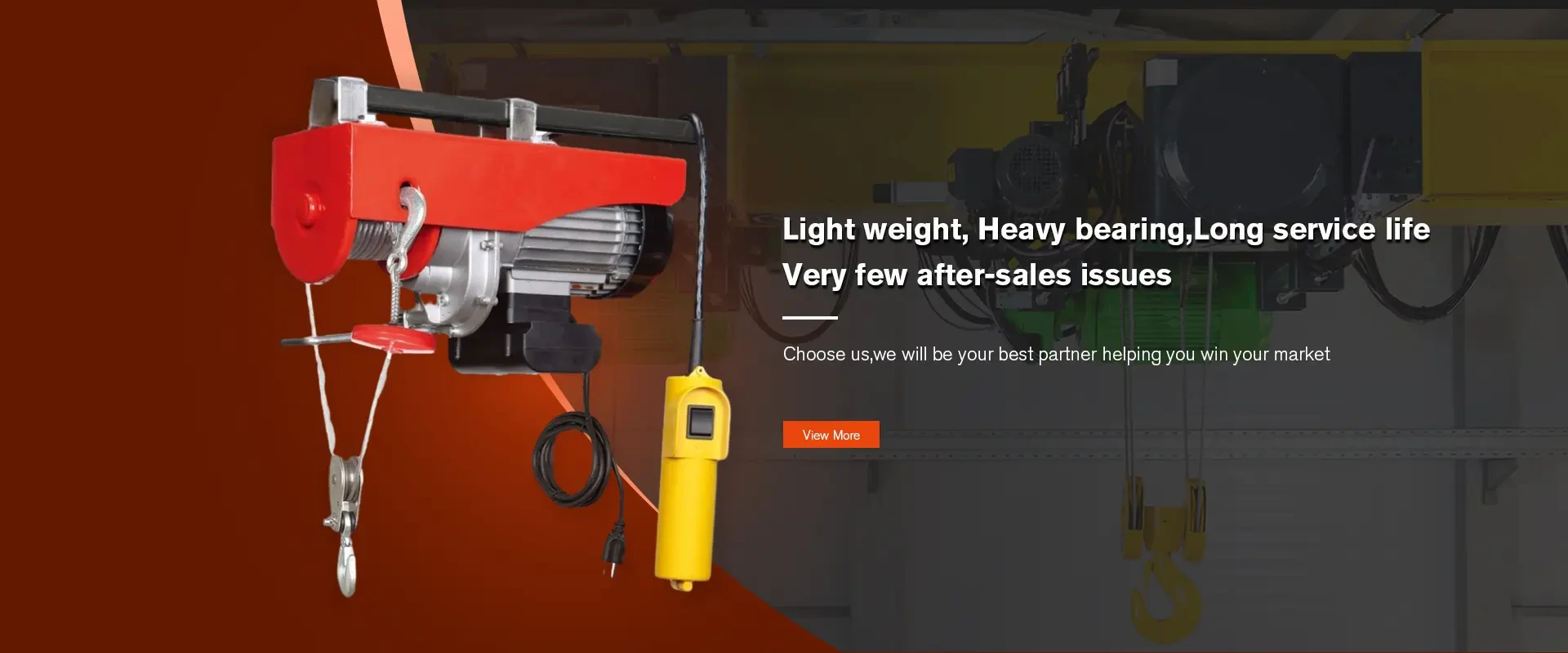


The Importance of Powered Pallet Trucks in Modern Warehousing
In today’s fast-paced supply chain and warehousing environments, efficiency and productivity are paramount. One of the key tools that have revolutionized materials handling is the powered pallet truck. This innovative equipment combines strength, agility, and versatility, making it indispensable in warehouses around the globe.
Powered pallet trucks, also known as electric pallet jacks, are designed to lift and move palletized loads with minimal effort. Unlike manual pallet jacks that require physical strength to operate, powered versions use electric motors to assist with lifting and steering, significantly reducing the physical strain on workers. This is particularly important in environments where heavy loads are frequently moved, as it helps prevent injuries and enhances worker safety.
One of the primary advantages of powered pallet trucks is their efficiency. In a warehouse setting, the speed at which goods are moved can directly impact overall productivity. Powered pallet trucks are equipped with powerful drives and speed controls that allow operators to maneuver quickly and accurately through narrow aisles and crowded spaces. This is essential in maximizing space utilization within the warehouse, enabling businesses to store more inventory in less square footage, which is a critical factor in reducing operational costs.
Moreover, the versatility of powered pallet trucks makes them suitable for a variety of applications. They can handle different types of loads, from standard pallets to specialized containers, with ease. Many models are also equipped with adjustable forks, allowing for the safe transport of various pallet sizes. This adaptability ensures that powered pallet trucks can meet the diverse needs of warehousing operations, whether it's for receiving, storing, or shipping goods.

Another important consideration is the ergonomic design of powered pallet trucks. Most models feature user-friendly controls, allowing operators to steer and lift loads without straining their backs or arms. This ergonomic safety feature not only enhances worker comfort but also promotes increased productivity, as operators can focus more on their tasks rather than on managing physical discomfort.
In addition, the environmental impact of powered pallet trucks is worth noting. They are increasingly being designed to be more energy-efficient and environmentally friendly. Many electric models can operate for extended periods on a single charge, thereby reducing the frequency of battery replacements and minimizing disposal issues related to traditional fuel sources. As businesses continue to prioritize sustainability, powered pallet trucks align well with green initiatives by lowering the carbon footprint associated with material handling.
However, while powered pallet trucks present numerous benefits, it is essential for businesses to ensure proper training and maintenance. Operators must be trained in safe operating procedures to maximize the advantages of these machines and reduce the risk of accidents. Ongoing maintenance is crucial to ensure that the equipment remains in optimal condition, thereby extending its lifespan and enhancing performance.
In conclusion, powered pallet trucks are a vital asset in modern warehousing and distribution operations. They enhance efficiency, promote safety, and contribute to a more productive workplace. As the industry continues to evolve, embracing technology and innovation in material handling, powered pallet trucks will remain a cornerstone of effective logistics management, driving the success of businesses in an increasingly competitive market. Their role in streamlining operations and improving the working environment solidifies their place as essential tools for any warehouse operation.



